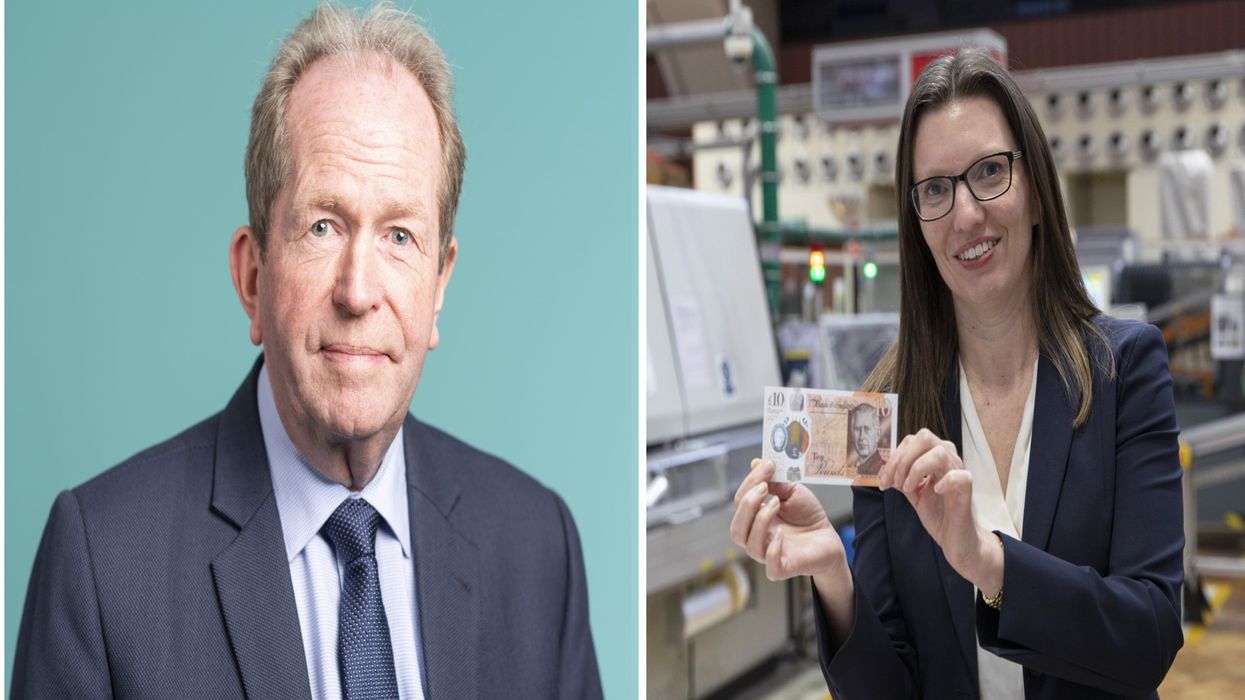Businesses that accept counterfeits can be repeatedly targeted, warns FSB, while encouraging its members to join the Bank of England’s Banknote Checking Scheme
The Federation of Small Businesses (FSB) on Thursday (4 December) announced a new strategic partnership with the Bank of England to protect small businesses from the risks associated with accepting counterfeit banknotes.
Cash is still the number one customer payment method for 25 per cent of small high street businesses, and cash payments are expected to increase during the festive period, according to FSB.
By becoming a Strategic Partner of the Bank of England’s Banknote Checking Scheme, the organisation is trying to help its members become aware of the use of counterfeit notes, which has reputational and financial impacts.
The FSB is encouraging its members to sign up to the Scheme, which offers training materials to staff so they can identify a counterfeit note at point of sale and know what to do with it, as well as stay up to date with best practice and bank note developments.
Martin McTague, National Chair at the Federation of Small Businesses, believes that, through this new strategic partnership with the Bank of England, they would be able to help equip businesses with the tools to tackle counterfeit notes.
He said: “FSB views cash as an essential part of the economy despite an increase in digital payments. Many small businesses rely heavily on cash; it provides a form of commerce to less digitalised businesses, acts as a check on pricing fees of card transactions and as a backup for when digital methods go down. For a quarter of our members, cash is still the number one customer payment method.”
Though the number of counterfeits being accepted has reduce due to the introduction of new polymer notes and law enforcement successes, businesses across the UK are still being defrauded by counterfeiters, the FSB said.
It has also warned that businesses that accept counterfeits can be repeatedly targeted by criminals, who may try to buy a low-value item using a higher counterfeit value note such as a £20 or £50.
Sarah John, Chief Cashier and Executive Director Banking at the Bank of England, is also hopeful that this new partnership will help reduce losses to businesses.
“The continued success of the Scheme relies on key industry stakeholders such as FSB to raise awareness and to help us ensure the Scheme continues to provide what helps their members the most,” she added.
Small businesses can sign up to the Banknote Checking Scheme for free at https://www.bankofengland.co.uk/banknotes/banknote-checking-scheme
The King Charles III banknotes is expected to enter circulation in mid-2024, but there are no plans to withdraw polymer banknotes that feature the portrait of Late Queen Elizabeth II. The first polymer notes were issued as £5 notes in 2016.


















